#212 - 5 LGBTQ+ Artists Who Changed The Course Of Music
Sylvester
A fixture of the disco scene and an icon of the gay liberation movement that came out of San Francisco in the 1970s, Sylvester emerged as a solo artist in the early-1970s to great commercial success. Most known for his incredible track, “You Make Me Feel (Mighty Real)” – the singer’s superior falsetto rivalled many of his contemporaries. Sylvester’s sound influenced artists from Prince, RuPaul, New Order, and Hercules & Love Affair, and continues to inspire musicians all over the world today.
Jackie Shane
A soul pioneer, Jackie Shane escaped from Jim Crow racism by travelling to Canada on a carnival gig. Her singing career took off when she arrived in Toronto, where she appeared on the local music TV show Night Train. Shane’s music elucidates the lived experiences of queer African Americans, detailing heartbreak inflicted by various women, poor living conditions, and her struggle to secure a stable income, as a transgender woman of colour with few available career options.
Lesley Gore
Lesley Gore was a powerful, feminist voice in Sixties pop. Forty years after releasing her well-known hit, “It’s My Party”, she became a prominent LGBTQ+ rights activist. Hosting various episodes of the popular PBS series, In the Life, she spoke openly about her partner of over two decades and the struggles of being gay in the music industry, famously saying: “I think the record industry – by and large what’s left of it – is still totally homophobic.”
Frankie Knuckles
Movements focused on undoing the erasure of the queer, black origins of electronic music are beginning to make progress. Transforming the tropes of disco into a new, futuristic-sounding genre, House, Frankie Knuckles is one such artist who deserves a serious amount of attention. Known as the “Godfather of House” Frankie Knuckles’ sound continues to influence our contemporary sonic landscape, and his records are still widely heard in clubs across the world.
Wendy Carlos
A classically-trained pianist, Wendy Carlos pioneered electronic music in the Sixties. Widely known for her Moog renditions of Bach songs, which brought Robert Moog’s controversial invention plenty of critical acclaim, Carlos struggled to balance an increasingly public life and private truth. It wasn’t until 1979 that she felt able to come out publicly as a trangender woman. Speaking to PlayBoy, she later said of her years spent presenting as a man: “It had proven a monstrous waste of years of my life.”

